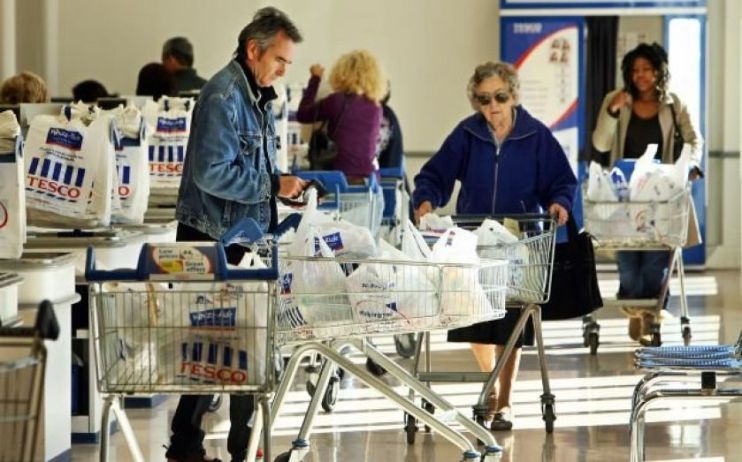Supermarkets should embrace the calls for higher plastic charges

The battle against plastic rages on. Back in 2015 when the 5p charge was introduced, it seemed like a relatively big deal, but as the Greenpeace report made abundantly clear, it was just the start of a long fight.
The report’s findings are stark — customers in Britain’s main supermarkets bought 1.5 billion bags for life last year, which is the equivalent of 54 bags for life per household, making a joke of their name.
These revelations have prompted calls for the standard price to be raised to 70p. Now that might seem like a hefty charge, but it’s absolutely the right thing to do.
Raise prices to change behaviour
As these findings make abundantly clear, changing consumer behaviour is difficult. So there is a need to significantly increase the penalty if we are to create genuine change. And the time is right for the supermarkets to do this.
Back in 2015, consumer awareness of the issues around single-use plastic were at a totally different level.
Fast forward to today, and plastic is firmly in the spotlight. The reality of the damage we’re doing to the environment around us and the climate crisis we face is clear and present, and this has created a new consumer and cultural mindset.
The consumer will is there — people want to change, and this means that they will accept the higher charge as a necessary price to pay.
After all, we now find that 80 per cent of UK shoppers believe not enough is being done to tackle single-use plastic.
Don’t risk being left behind
Supermarkets should hike up the price of the bags or experiment with removing them, but they absolutely shouldn’t stop there.
Alongside the numbers on plastic bag use comes the damning statistic that 70 per cent of the UK’s top supermarkets increased their plastic use last year. This rise happened despite all the biggest supermarkets making numerous public commitments around reducing their packaging output.
So alongside the price rise that will help consumers make the necessary changes to their behaviour, supermarkets need to act too. They need to start going much further, faster on plastic use and start genuinely reversing the rise.
Right now, if you walk into any major supermarket, you find that plastic still litters the aisles — it can feel as though it’s very much business as usual.
Most alternative options feel small scale and tokenistic — miles from the step change in approach that is needed.
It’s not easy. Plastic is a brilliant material that has helped give us freshness, convenience and longer life. But it is possible, and supermarkets needs to find ways to make the change real and tangible for every shopper to see.
Fail to do this and they risk getting left behind, as consumers seek out alternatives that do deliver the transformation they are after.
We need to explore radical ways of cutting plastic out — by getting rid of it altogether in the fruit and veg aisle, for example.
It also means exploring ways of keeping it in a circular system. After all, it’s not plastic itself that’s the problem, it’s what happens to it after it is disposed of.
Consumers are racing ahead on this subject, and if our supermarkets don’t catch up, they may find themselves consigned to the wrong side of history.